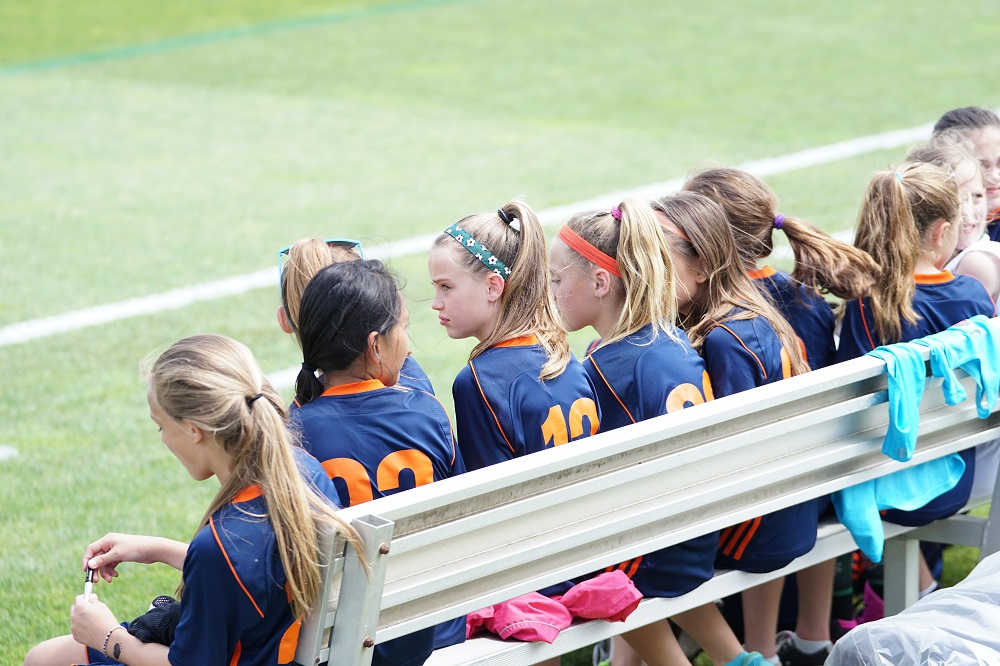Private school education is an option that many parents consider for their children. While public schools are available to everyone, private schools offer a different kind of experience. As with any choice in life, there are pros and cons to consider when it comes to private school education. In this blog post, we’ll explore the various benefits and drawbacks of choosing a private school for your child’s education. From academic excellence to financial considerations, we’ll cover it all so you can make an informed decision about what’s best for your family. So let’s dive into the world of private school education together!
The Pros of Private School Education
One of the main advantages of private school education is the smaller class sizes. Private schools typically have a lower student-to-teacher ratio, allowing for more individualized attention and instruction. This can lead to better academic performance and increased confidence in students.
Private schools also often have greater resources available to them than public schools, such as technology, extracurricular activities, and specialized programs. These resources can provide unique opportunities for students that may not be available elsewhere.
Another pro of private school education is the emphasis on character development and values. Many private schools focus not only on academics but also on promoting ethical behavior, social responsibility, and community service among their students.
Additionally, private schools tend to have a more rigorous curriculum than public schools. They often require more homework and participation from their students which can help prepare them better for college or university studies.
Many parents opt for private school education because they believe it offers a safer environment with fewer disciplinary issues than public schools. With stricter policies regarding behavior standards enforced by both faculty members and peers alike in most cases leads to less negative influences around children while learning about various subjects at school making it an ideal choice over other forms of schooling options
The Cons of Private School Education
Private school education has its fair share of drawbacks. One major con is the cost, as private schools tend to be more expensive than public schools. This can create financial strain on families who want their children to attend a private school but cannot afford it.
Another con is the lack of diversity in some private schools. Some private schools have a reputation for being homogeneous and lacking in racial, ethnic, or socioeconomic diversity. This can limit students’ exposure to different perspectives and experiences.
In addition, some private schools may not offer as many extracurricular activities or sports programs compared to public schools due to limited resources and smaller student populations.
Moreover, the pressure to excel academically can also be a con of attending a private school. Private schools often have higher academic expectations for their students, which can result in increased stress levels for both parents and students alike.
There may be less regulation and accountability in some aspects of private school education compared to public education. For example, curriculums at private schools are not always standardized across institutions or regulated by state boards of education.
While there are certainly benefits that come with attending a private school such as smaller class sizes and more individualized attention from teachers; it’s important for families considering this option weigh these pros against potential cons before making any decisions about their child’s future schooling.
The Cost of Private School Education
One of the biggest factors that parents consider when deciding whether to send their child to a private school is the cost. Private schools can be significantly more expensive than public schools, and this is often a major consideration for families.
The cost of private school education varies depending on several factors such as location, prestige, facilities and resources available at the institution. Some private schools charge tuition fees that are equivalent to annual salaries in some professions! However, it’s important to note that not all private schools are equally expensive.
On average, most families would pay anywhere from $10,000 – $30,000 per year for tuition at a private elementary or secondary school in the United States. This high price tag can put significant financial pressure on many families who have limited resources or those with multiple children they wish to enroll.
Despite the high cost of tuition fees at private schools, many parents find them worthwhile investments towards their children’s future academic success; therefore making sacrifices and adjustments necessary in order afford it. In addition there may be scholarships offered by these institutions which may help bridge finance gaps.
While it’s true that attending a private school can come with significant costs attached, many people believe that an investment into your child’s education will yield returns in later life through better career opportunities also setting up your children for higher earning potentials among other benefits associated with quality education provided by these institutions
Conclusion
In the end, choosing private school education comes down to personal preferences and priorities. There are certainly many advantages to this type of education, such as smaller class sizes, more individualized attention, and often higher academic standards. However, it is important to consider the potential downsides as well, including high costs and a lack of diversity.
Ultimately, parents must weigh these pros and cons carefully before making a decision about their child’s education. It may be helpful to visit several schools in person and speak with educators and administrators to get a better sense of what each option offers.
Regardless of which path parents choose for their children’s education, it is crucial that they remain involved in their child’s schooling journey. By staying informed about what is happening at school and providing support at home, parents can help ensure that their kids receive the best possible education – no matter where they go to school.








